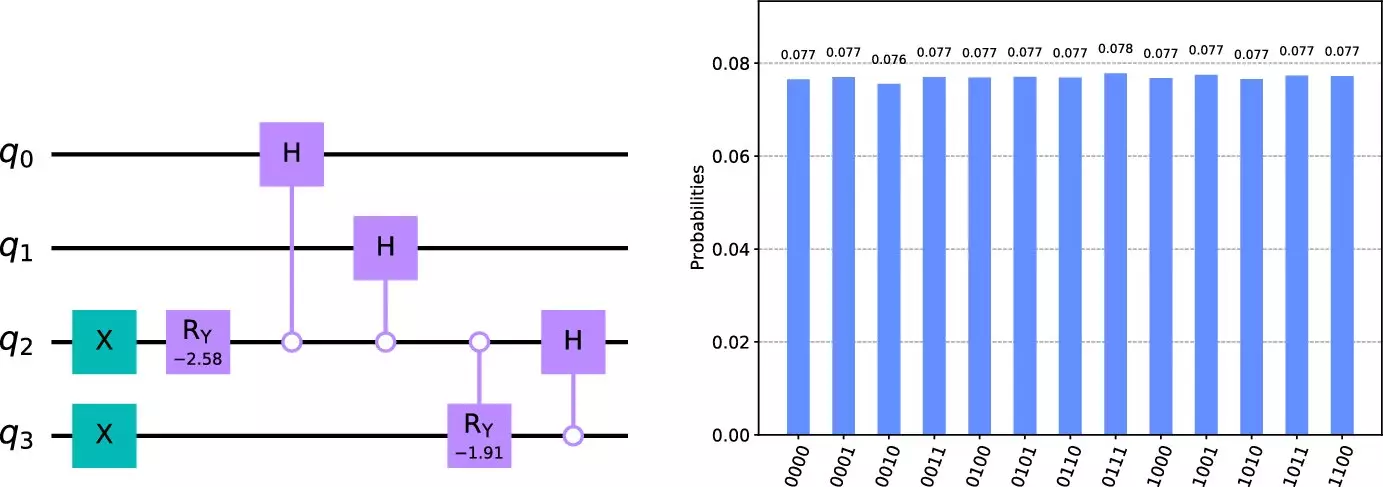The Shukla-Vedula algorithm, developed by Prakash Vedula, Ph.D., a professor at the University of Oklahoma School of Aerospace and Mechanical Engineering, has taken the world of quantum computing by storm. This algorithm, known for its exponential improvement over previous methods, has been integrated into advanced computing software by Google and IBM, marking a significant milestone in the field.
The algorithm focuses on creating uniform quantum superposition states, which is a crucial aspect of quantum computing. By drastically reducing the complexity of this step, the Shukla-Vedula algorithm has opened up new possibilities in various industries, including quantum search, optimization, finance, and artificial intelligence. Its efficiency is not just theoretical but has tangible applications in real-world scenarios.
Major quantum software platforms like Cirq by Google and Qiskit by IBM have already integrated the Shukla-Vedula algorithm into their latest software versions. These platforms are widely used in both industry and academia, emphasizing the significance of this algorithm. In fact, even companies like Goldman Sachs have started using this algorithm to analyze financial risks in derivatives, showcasing its broad applicability.
Professor Vedula, the mastermind behind the algorithm, is optimistic about its future impact on quantum computing. He believes that this innovation will drive substantial improvements across various applications, making it an exciting time for the field of quantum computing. The exponential advancements demonstrated by the algorithm without the need for additional resources make it a game-changer in the world of quantum computing.
The Shukla-Vedula algorithm represents a significant breakthrough in quantum computing, opening up new possibilities and driving advancements in various industries. Its integration into major software platforms and adoption by industry leaders underscore its importance and potential for widespread impact. As the algorithm continues to gain traction, it is clear that we are witnessing a revolutionary moment in the evolution of quantum computing.


Leave a Reply